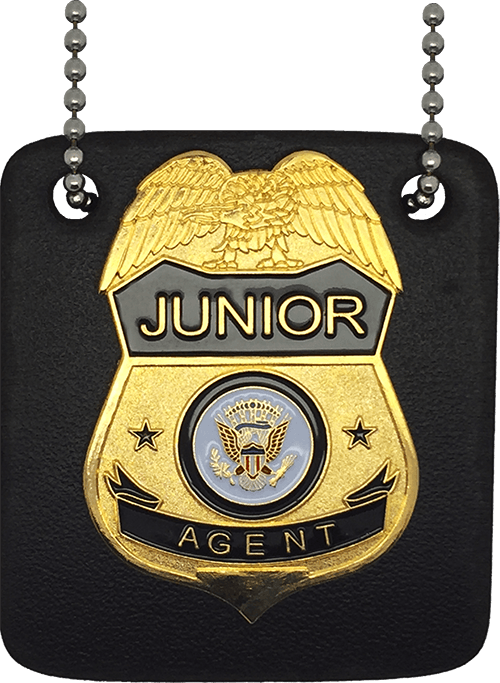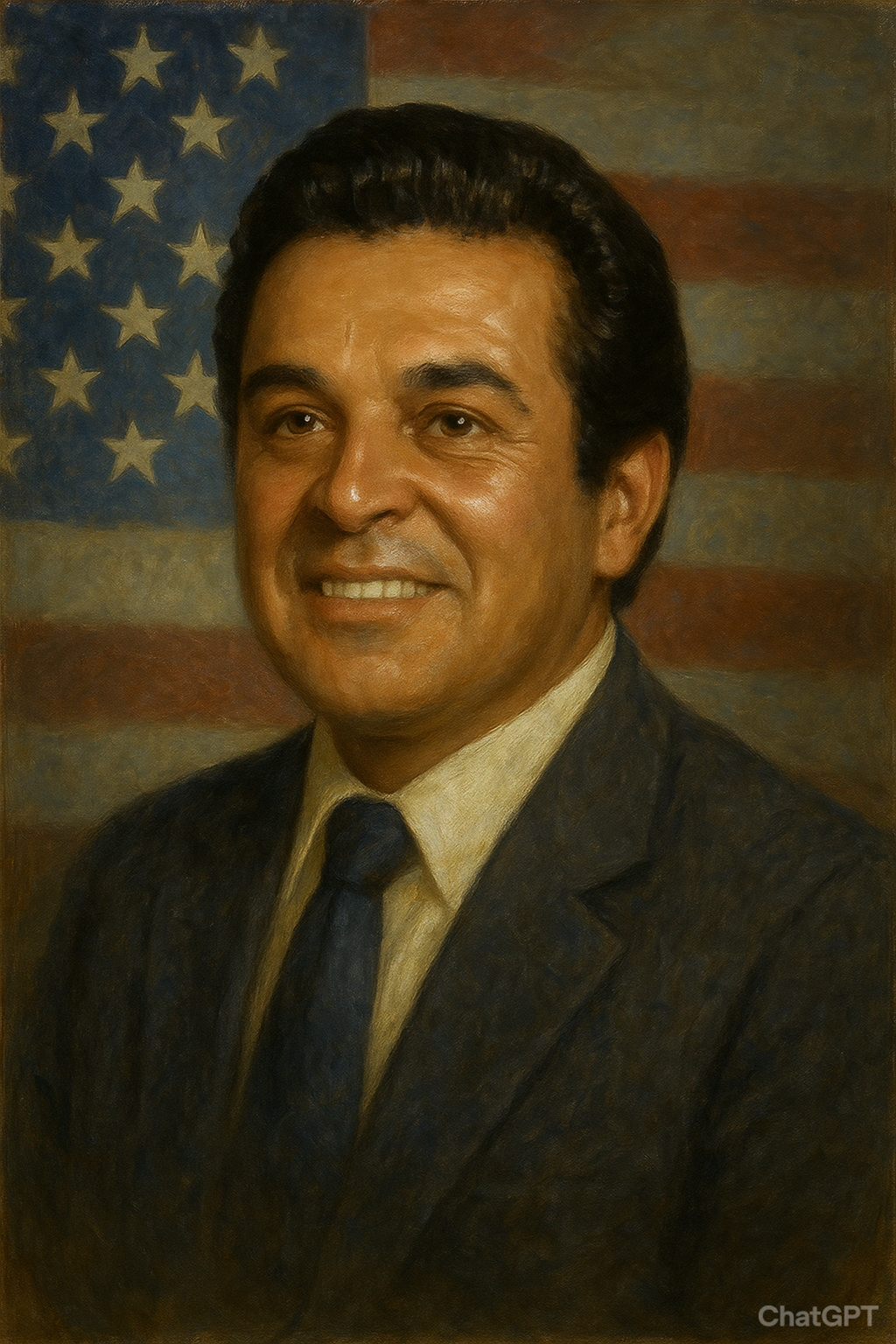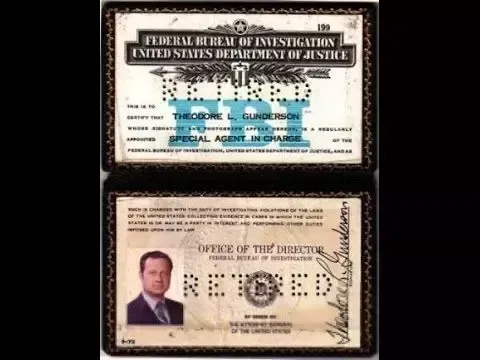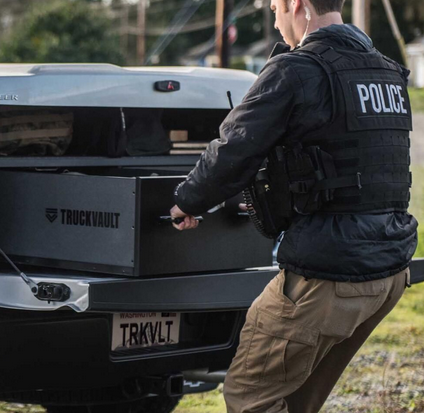Some Advice for Junior Special Agents
November 23, 2021

I decided to write about this particular topic at the request of a reader and because I wished somebody had told me these things when I was a young Special Agent. Take it for what it's worth and I will wholeheartedly admit that I continue to learn things on the job. This advice comes from 18+ years in Federal Law Enforcement, which includes time as a Field Training Officer. It is based on personal observations and truly comes from a good place.
- If your agency offers the good fortune of on-boarding you as a pre-academy trainee, understand how rare and awesome that is compared to other organizations. You will likely get close to your full salary, possibly be assigned a spare vehicle and given little to no responsibilities. I suggest you use this time to workout, read policies & case law and complete every assigned task to the best of your ability (regardless of how menial). Above all, keep your opinions to yourself and don't bother working Criminal Investigators. Remember, you have not even passed the minimum academy but are making a salary that counts towards your retirement. Unfortunately, I have seen many a pre-academy trainee "talk* themselves out of the job and get walked out of the office. They forget trainees are *always* being evaluated and can be fired without cause.
- The academy's are government run training facilities with very specific rules, many of which can be silly. However, break those rules at your own peril (See my Academy Experience Post for details).
- Start taking your personal digital security seriously. Read my blog "Basic Online Security for Special Agents."
- Your personal reputation in law enforcement is vital to one's success and I cannot stress this enough. If you cultivate your reputation as a professional, hard working, and self-motivated Special Agent; the opportunities will come flying to your doorstep. Conversely, if you are the lazy, excuse filled loudmouth know-it-all that never successfully completes a case; no one will call. It really is that simple.
- Relatedly, crappy agents will gravitate towards bad trainees and high performing agents will lend their advice and expertise to promising criminal investigators. Take a good look at your company. Avoid the obnoxious trainee or the disgruntled agent. Both of these archetypes are not good company for new Special Agents trying to start a career.
- The online forums (Delphi/Officer/FedSoup) are in fact well known to the managers of virtually every 1811 agency. If you post confidential information and/or engage in outrageous unprofessional posts, expect to eventually get a knock on the door from the Office of Professional Responsibility (OPR); and yes, it has happened! These posts can also come up during your background investigation (as will all of your social media accounts) and they could be part of mandatory disclosures during trial preparation. These are all potentially career killing mistakes and truly avoidable. My advice is to avoid posting on these forums until you are off probation and become a senior Special Agent. Even then, be aware that virtually everything you post can be brought into court proceedings to attack your credibility. All it takes is a simple administrative subpoena to obtain the identity of any user on a website.
- As a new Special Agent, you should always volunteer for search/arrest warrants, surveillance, interviews or buy walk/bust operations. Each of these operations are an opportunity for a new agent to learn so he/she can properly plan their own investigation when the time comes.
- On a related topic, social media has become a career killer. Everything you have on your Facebook/Instagram/Youtube/Snapchat/Linkedin accounts can and will be used against you by defense attorneys (To this day, I do not have a single personal social media account.). Also, be advised social media will put a full stop on any ambitions to become an undercover operative. Relatedly, foreign intelligence services have & will actively try to locate and target special agents due to their Top Secret security clearances.
- Attend the funerals of law enforcement officers killed in the line of duty. Help organizations that support fallen officers. One day this could be you or one of your co-workers.
- The job does not end at 5PM. If you are on leave and the phone rings, pick up. If you are at dinner and the phone rings, pick up. If you are at a ball-game and the phone rings, pick up. The true case agents answer every call, respond to every email and assist every time they are asked. They are consummate professionals who attract similar people into their orbit. Be one of those people.
- There is literally nothing worse than a newbie agent showing up at an office and start complaining. A new agent is always welcome to help improve the situation by rolling up their sleeves but complaints are generally unwelcome. A good rule of thumb is that if the new agent is doing all the talking, the senior agents are taking mental notes.
- Do not misuse your Government Vehicle as this is a mandatory suspension (often 1 month). This means, don't take your G-Car to pickup groceries, drop off the kids or hit a bar on your way home. It will eventually catch up to you and I have seen more than one new special agent busted for this infraction. It is also one of the dumbest ways to ruin your own career. To this day, I simply bring my personal car if I want to grab beers with co-workers at the end of the day....it is not worth the risk and the odds over a 20 year career are not in your favor.
- Be receptive to advice that comes from a good place. Trainees that tend to get defensive will soon find themselves isolated and alone. Conversely, new investigators that embrace and use constructive criticism to their advantage will succeed quickly.
- The G-Car is vital to your success. Always have it properly equipped with the correct equipment (i.e. vest, magazines, radio) and supplies (water, change of clothes,forms). Be ready to respond to any type of crime within your agency's investigative portfolio. Additionally, ensure that your tires, brakes and emergency equipment work properly.
- As a new Special Agent, you may be excited to carry your gun everywhere...but remember this also comes with "great responsibility." It's fine if you want to carry your gun to dinner/concert/bar/theater but remember that means you also cannot simultaneously consume alcohol. *If* you ever do get into an Officer Involved Shooting, your judgment will be immediately be questioned if drinking was involved.
- Make your maximum contribution to the Thrift Savings Program (TSP). Do this and it would not be unusual to have $2Million+ in your retirement account when you punch out. Put in about a third and you can expect perhaps $300-$500K in retirement. The decision is yours but obviously it would be nice to retire with a chunk of change (Note: This would be in addition to your Pension and Social Security).
- Become a member of the Federal Law Enforcement Officers Association (FLEOA) and obtain your own liability insurance (Read my post about Liability Insurance). This is vital to protect your personal and financial freedoms. Frankly, only a fool would do the job without at least one type of legal shield.
- Only use your work phone for professional communications. Do NOT share unnecessary jokes, memes, links on your Government Phone as it can be subpoenaed at anytime for a myriad of reasons. If you have a close group of friends among your co-workers, conduct those communications on your personal phones. Similarly, never never never conduct, discuss or share official business on your personal phone.
- Take some time to invest in your personal operational security. I recommend that you freeze all of your credit accounts, submit request to online aggregators to remove personal information and use an online mail service (they receive your mail, scan and email it to you). Use a bogus address for useless stuff (i.e. rewards memberships) and aliases for your email account (i.e. use one email for shopping and another for utilities). It is difficult to hide data in the modern age but if you put out enough misleading data, it will make it harder for the average person to find your residence (i.e. defendants).
- Every interaction with an outside law enforcement agency is vital to your success as a Criminal Investigator. The good case agents have a rolodex of contacts, the bad ones have no one to call for help. Similarly, never disparage another law enforcement agency in public; word travels fast in law enforcement and is rarely forgotten.
- As a new Criminal Investigator, there are a few things you can do case-wise to make your job easier:
- Be hyper organized with your case file and investigation. This is the most surefire way to determine investigative sufficiency and avoid a trial.
- Always dress professionally regardless of your attire type.
- Be aware prosecutors are vital to your success and that of your agency.
- Find a senior Special Agent that always seems to make the biggest cases and work with them on an investigation. You will be amazed at what can be learned.
- Treat every investigative lead with importance and ensure you do your due diligence. More than one innocuous lead has turned into a major case. Conversely, bad karma always catches up to sloppy investigative work.
- A true Special Agent writes affidavits, complaints and detailed reports of investigations. These activities lead to indictments and arrests. Do not be content with being a "helper" agent that simply assists but never leads their own case.
- Develop a digital case file as you progress in an investigation. This means you should scan *every* piece of paper (i.e. notes). Upon completion, you can simply upload the digital case file for Discovery for access by a prosecutor.
- Learn the basics of the criminal investigator profession before taking on a specialty assignment (i.e. Undercover/Special Response/Forensics). Inexperienced case agents generally develop bad habits.
- Stay in shape both physically and mentally. You have embarked on a marathon career that will require stamina and good decision making skills. Take the time to work out and positively interact with your family (I would advise against over-sharing your work with family members.). Learn the balance between career and home life. Both require your time and attention to be successful.
These are just some of the things I think are valuable for new Special Agents. I reserve the right to edit and improve as time passes. Good luck to you all and welcome!









